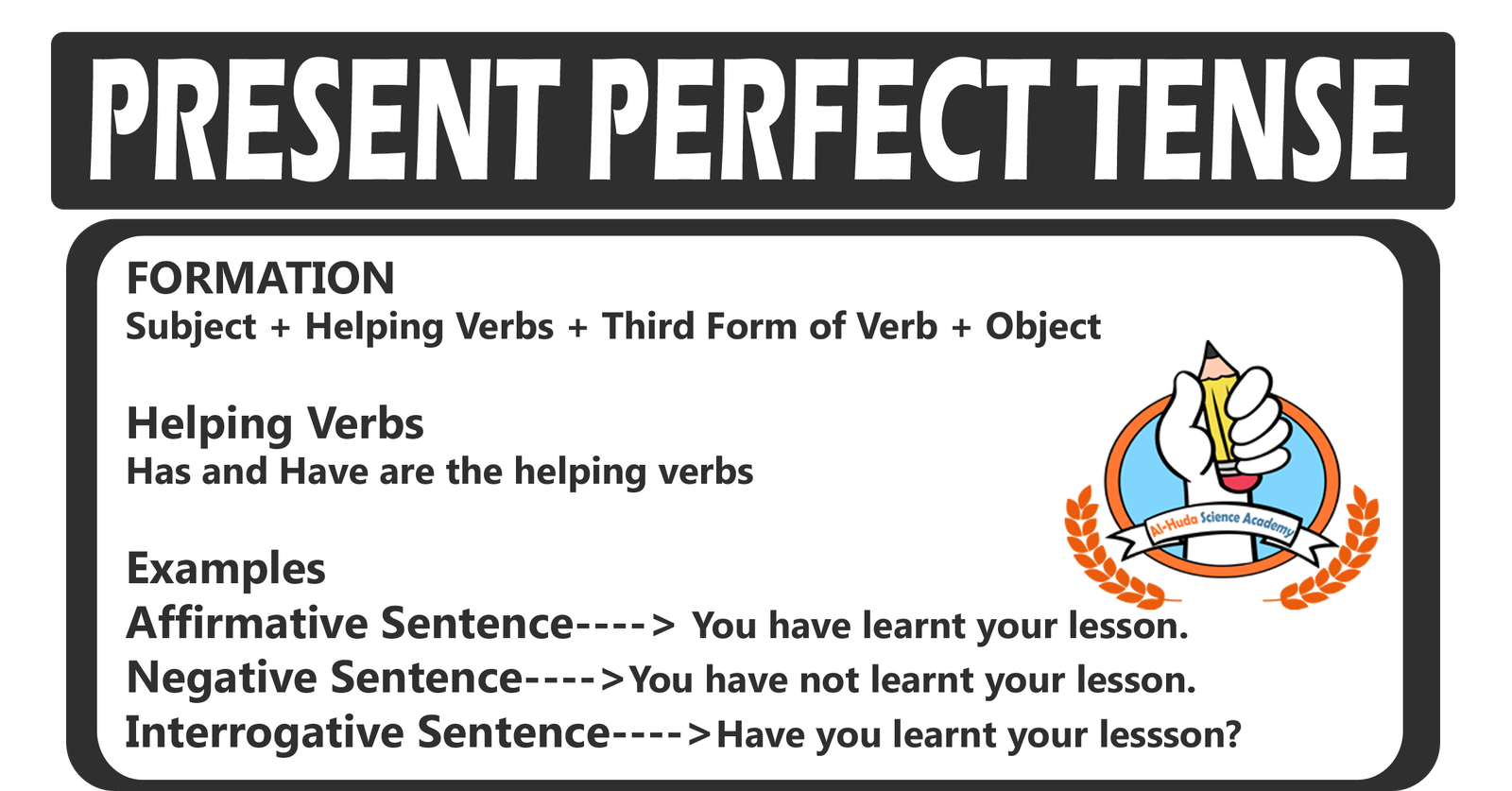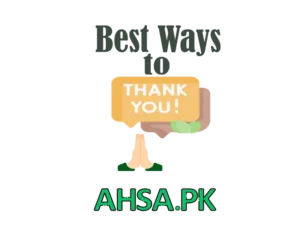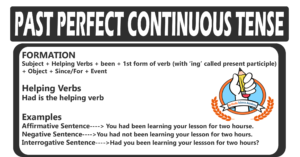Present Perfect Tense which is often called as Conversational Past Tense in German. Third form of verb is used with Singular & Plural Subjects. Singular Subjects are he, she, it and single name. Plural Subjects are I, We, They, You and many things.
Present Perfect Tense
Helping Verbs and form of verb
Helping verbs —————————>
Form of Verb —————————>
Has & Have
3rd form of verb (used for all Subjects)
Identification & Formation
Affirmative Sentences (positive)
| Subject | Helping Verb | Verb | Object |
|---|---|---|---|
| She | has | helped | Ayesha |
| They | have | read | book |
| I | have | played | volley ball |
Negative Sentences (negative)
| Subject | Helping Verb | not | Verb | Object |
|---|---|---|---|---|
| She | has | not | helped | Ayesha |
| They | have | not | read | book |
| I | have | not | played | volley ball |
Interrogative Sentences (question)
| Helping Verb | Subject | Verb | Object | Punctuation Mark |
|---|---|---|---|---|
| Have | you | helped | Ayesha | ? |
| Has | he | read | book | ? |
| Have | I | played | volley ball | ? |
Click Next to Start Your Test
Results

Congratulations….
You have secured more than 80% to pass the test.
#1. He ______ run fast.
#2. The structure of Present Perfect Tense is:
#3. ______ has packed our luggage.
#4. The children have ______ in the kitchen.
#5. The helping verb in Present Perfect Tense are:
#6. Has Ali ______ a meal?
#7. Has Najma ______ her clothes?
#8. They ______ won the match.
#9. Have I done my work ______ ? Punctuation Mark
#10. Has she ______ John?

English Tenses
Present
Present Perfect Continuous Tense
Past
Future









